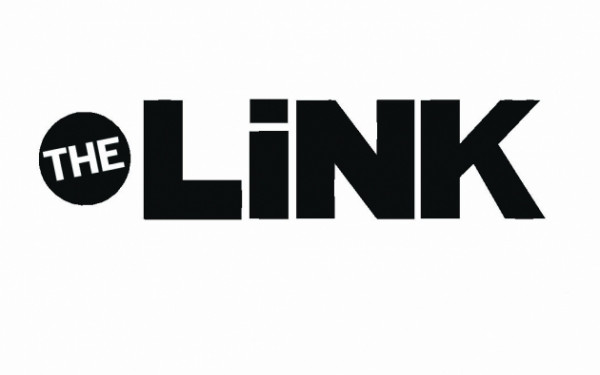ECA Accreditation & Context
If You Haven’t Heard of Accreditation, You’re Probably Not Alone
The Engineering and Computer Science Association is trying to get accredited. If you’re an engineering student at Concordia and haven’t heard of ECA accreditation yet, you should feel embarrassed, ashamed and dumb.
Worse, if you haven’t heard of accreditation, you’re probably not alone.
While I could list some notable counterexamples, most engineering students are single-mindedly focused on going to class, getting ready for industry and almost nothing else.
This apathy shown by most engineering students is scary. Worlds of activity exist outside your classes, and you don’t care about them because you don’t understand their relevance. Imagine how clueless Louis Pasteur felt when he discovered the importance of bacteria.
The ECA’s accreditation push should actually be called ‘re-accreditation,’ because the ECA used to be accredited—but lost this status back in 2006. This year’s ECA executives are now cleaning up the mess left by previous ECA execs.
Why did the previous ECA execs fuck up?
For the same reasons engineering students don’t care about something unless it’s preceded by a four-letter course code: the insular culture of ENCS students prevents us from understanding the impact of anything outside of our courses.
We don’t know how business, politics or community works because we’re single-mindedly focused on our engineering pursuits.
I don’t expect this isolated engineering culture to change overnight, but I want engineering students to recognize that our lack of context is dangerous.
A high-ranking exec in an engineering firm once told me, “You can always pinpoint the best engineers because they are the ones who are passionate about something outside engineering. I don’t hire one-dimensional engineers; I want to work with well-rounded people.”
If you want to be well-rounded, start at home.
Find out more about accreditation and what it means for the ECA. Don’t ask what it means for you—you’ll know that as soon as you understand the context. Start a conversation with execs or society members, either at the booth on the Hall Building’s eighth floor or walking around with the “Legalize It” shirts.
After taking those baby steps, try finding things outside of engineering that interest you—like our massive greenhouse on the Hall Building’s 13th floor, or the Concordia Student Union, where we’re horrifically underrepresented.
Stop focusing so much. Start understanding the contexts and communities that you’re a part of, and get involved with the rest of Concordia.
—Nick Sweet,
BEng Engineering




_600_375_90_s_c1.jpg)
